A common way to reduce weight or body fat is to reduce carbohydrate intake. This can come in many forms from the severe zero carb diets to the more sustainable carb rotation diets. In general terms reducing carbs helps to reduce calorific intake and hunger, which will likely result in reduced body fat and / or weight. However, eating too few carbs leads to a breakdown of muscle mass, which will be detrimental to physique and / or performance goals. In basic terms if you do not eat enough carbohydrate you will be less productive and you will not reach your sporting / physique / health potential.
That said, not all carbs are created equal and these different types of carbohydrate have different benefits and detriments to consumption. This article will consider the different types of carbs and when you should consume them to help you achieve your goals. Carbohydrates can broadly be divided up into three broad categories dependent upon digestion rate and an additional fibrous classification. The digestion speed of the carbohydrates is an important factor to consider when deciding upon which type of carbohydrate to eat at a particular time:
Fast Digesting Carbs
Fast digesting carbs enter the blood stream quickly. This makes this type of carbohydrate a good choice for post-workout replenishment and recovery. Whether you are dieting or looking to add muscle size and mass or improve strength and performance it is recommended to consume fast-digesting carbs in the post-workout window. However, fast-digesting carbs are of diminishing value outside of the post-training window (or perhaps first thing in the morning) and should be avoided if you are concerned with body fat levels. Sources of fast digesting carbs are:
- Sugar
- White Bread
- Sports Drinks
- Dextrose
- Waxy Maize Starch
Medium Digesting Carbs
Medium-rate digesting carbs are good choices for most times of the day. However, as they are neither particularly fast or slow digesting they are not an optimal choice for either the pre or post workout meal. Sources of medium-rate digesting carbs include:
- Sweetcorn
- White / Basmati Rice
- Most fruits
Slow Digesting Carbs
Slow digesting carbs have a longer window for use than the other carb variations. This means that they are an optimal choice of carbohydrate in the pre-exercise window as they will provide the most sustainable energy source of the carbohydrate variations. In general these slow digesting carbs help you to feel fuller for longer and therefore should help prevent you from over-eating than a faster digesting source of carbohydrate would gram per gram. However, for those looking to reduce fat slow digesting carbs should be reduced throughout the day in correlation with your energy output. Good sources of slow digesting carbs are:
- Brown Rice
- Granary Bread
- Oats
Fibrous Carbs (Vegetables)
It is generally good practice to separate vegetables from other types of carbs. This is because vegetables are a key source of nutrients and excellent sources of fibre. They are also relatively low in calories and can help you feel full. Regardless of body composition goals it is recommended that you keep your fibrous carbohydrate levels high. Good sources of fibrous carbs include:
- Asparagus
- Broccoli
- Spinach
Carbohydrate Summary
- Reduce slow and medium carb intake throughout the day in accordance with your energy output
- Limit fast digesting carbs to your post-exercise window as much as possible
- Aim to keep fibrous carb levels consistently high regardless of goals
- Eat some form of carbohydrate at each meal except for pre-bed (if you chose to eat late)




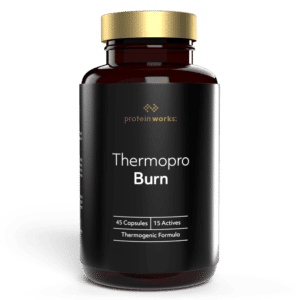
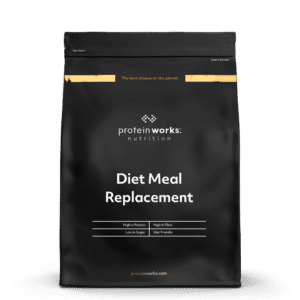
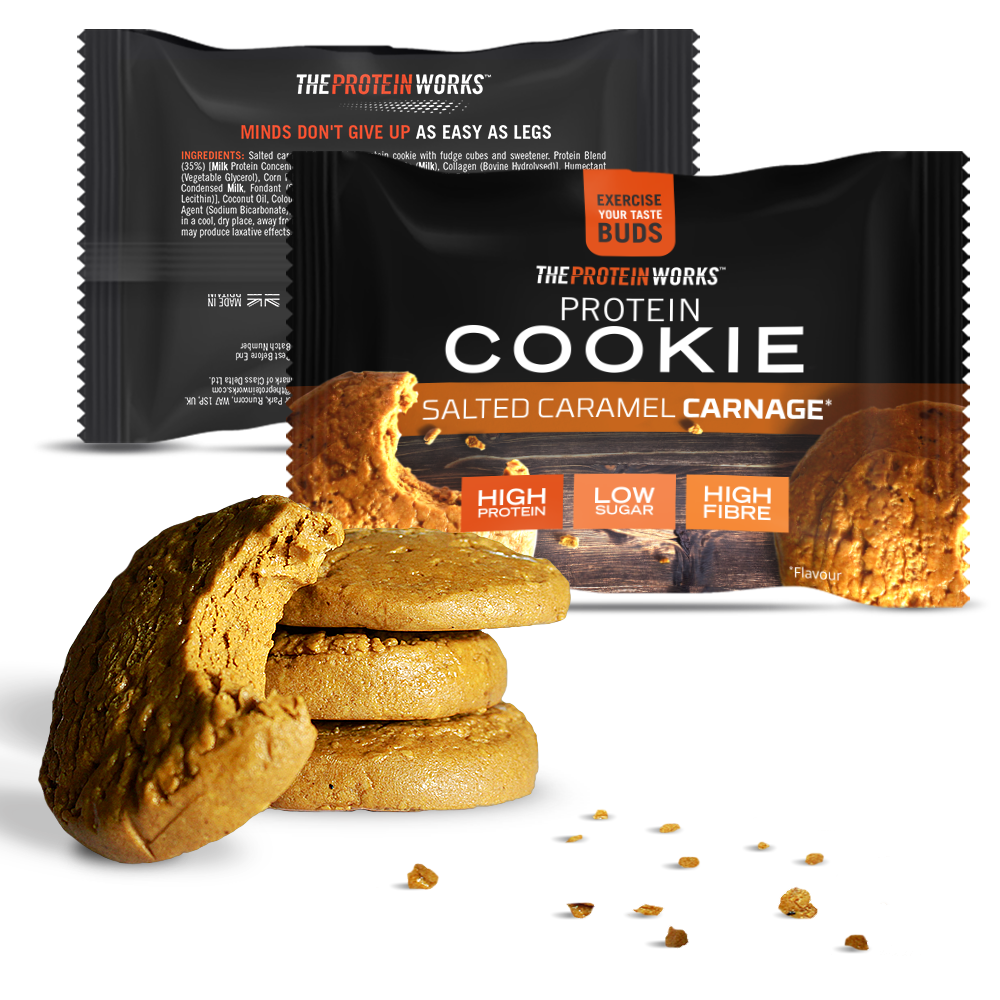
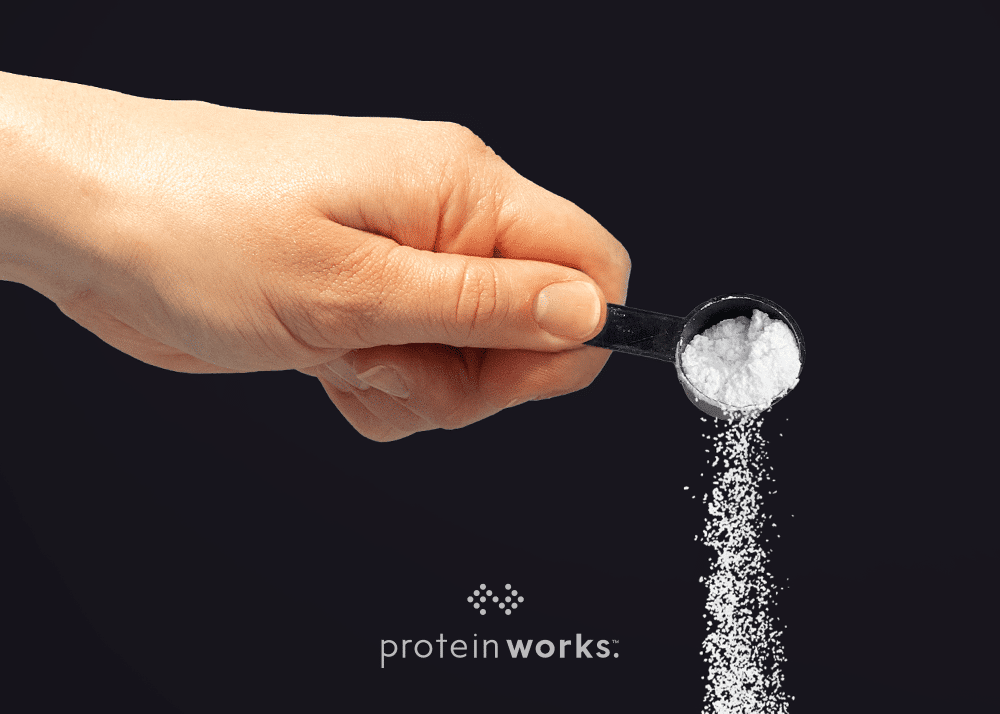
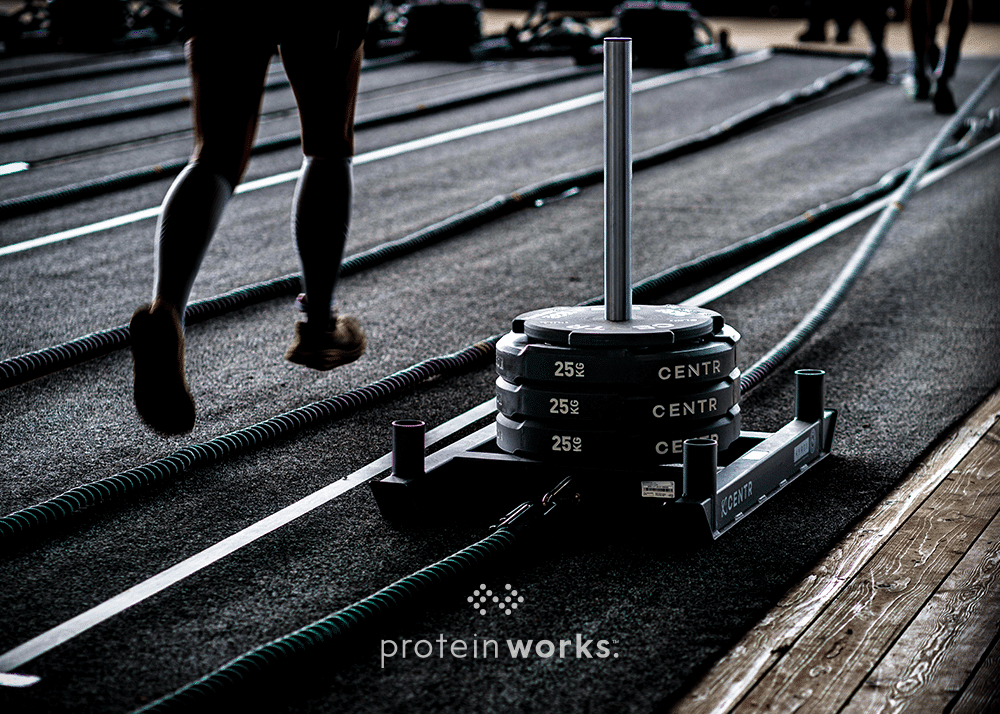
No Comments yet!